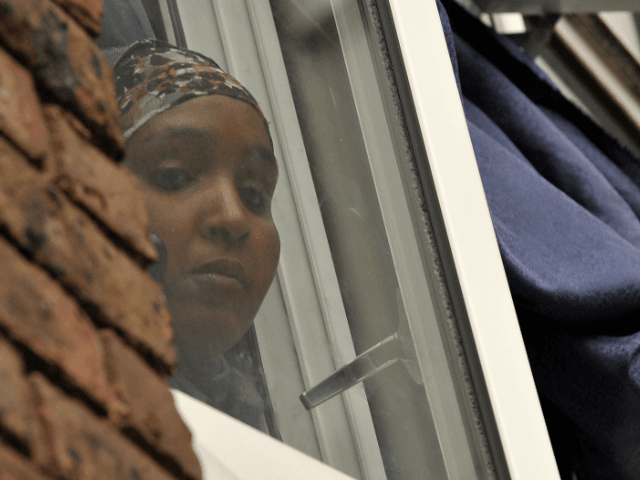Irish police and health services have issued a warning that children are increasingly being taken from the UK to Ireland to undergo female genital mutilation (FGM), as the UK scrambles to secure it’s first prosecution for the brutal practice.
“There was some intelligence that this was happening because of the clampdown at UK airports,” one source told the Irish Independent.
The practice of mutilating female genitalia with the intention of suppressing and controlling female sexuality has been illegal in the UK since 1985. However, the country has been unable to bring a single prosecution for this violent form of child abuse, whereas France has brought over 100 in the past 20 year.
Following increasing public outcry, the Government is now trying to act. Border Force officers have been intercepting suspected victims at airports all summer – the so called “cutting season,” when children are taken abroad to be mutilated.
On September 1st, 14 families were intercepted at Birmingham Airport in a single day on their way back from FGM-practicing counties like Somalia, Kenya and Egypt.
Furthermore, children deemed at risk are now barred for leaving the UK and in July the government announced that suspected overseas “cutters” would be barred from coming to Britain. Just last week, new laws were brought in requiring teachers, doctors and nurses to report cases to law enforcement.
In England and Wales, there are 137,000 women and girls who have been affected by FGM, and it is estimated that further 20,000 are at risk of abuse each year.
However, the increasingly proactive measures intended to stem the horror appear to have resulted in the UK merely offloading the problem to Ireland.
“People in Ireland need to be aware that this is not just an issue among migrant communities in Dublin, it is happening in towns and counties across the country,” said Claudia Hoareau-Gichuhi, a director at the Dublin-based support group Akidwa.

COMMENTS
Please let us know if you're having issues with commenting.